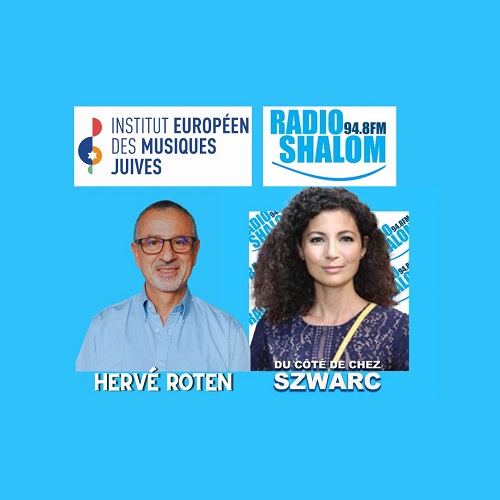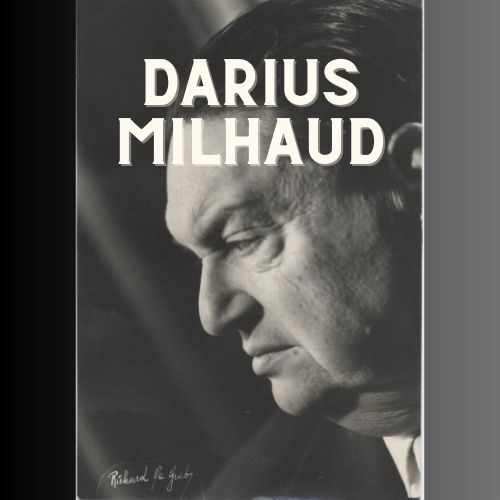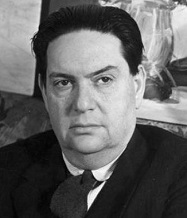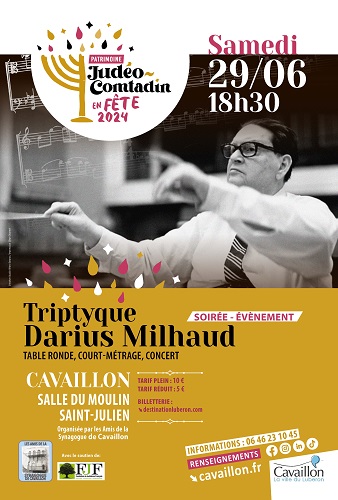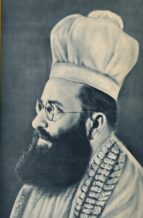
By Jean-Philippe Amar
Josef Rosenblatt was born on May 9, 1882 in Bila Tserkva, in Ukraine. He came from a great dynasty of cantors. Considered a child prodigy, he started his career as a member of his hometown’s synagogue choir. He became a Chazan at the age of 18, in Hungary (Munkacs), then settled in Bratislava, and finally in Hamburg (Germany).
In 1912, he immigrated to the United States and became Chazan of an orthodox synagogue in Harlem.
Noticed for his great vocal technique, he was considered as the greatest cantor of his time. His fame went beyond the synagogue and the Jewish community. He gave many concerts as a soloist. Tenor, people called him the “Jewish Caruso”. Besides, he met with many lyrical singers of his time.
In 1927, he appeared in the first talking movie: « The Jazz Singer ». Toscanini asked him to sing and perform the main character in the opera La Juive, be Halévy (Jacques-Fromental Lévy), but Rosenblatt declined the offer, as he wished to sing only for the cult, or at least for the glory of God. For the same reason, he declined a job offer at the Chicago’s opera.
Mastering a variety of vocal techniques, Rosenblatt largely influenced the cantorial music, making his time a golden age for cantors. One characteristic of his style, the “krekhtz”, a kind of emotional singing weep. Rosenblatt was also a great composer, around 200 of his pieces have been preserved.
He died in Jerusalem on June 19, 1933.
Selective discography :
– Jewish Liturgy – 7 great cantors, Buda Music, 92581-2
– Yiddish popular songs, 92595-2, Buda Music
– Yiddish New-York Paris Warsaw 1910-1940, Frémeaux & Associés, FA 025, 1994 Od Yosef Chai, Mostly Music, 2010
– The Complete Recordings: Cantor Josef Rosenblatt (Rosh Hashanah), Collectors Guild, 2009
Listen to a playlist dedicated to Josef Rosenblatt
Browse our archives on Yossele Rosenblatt
